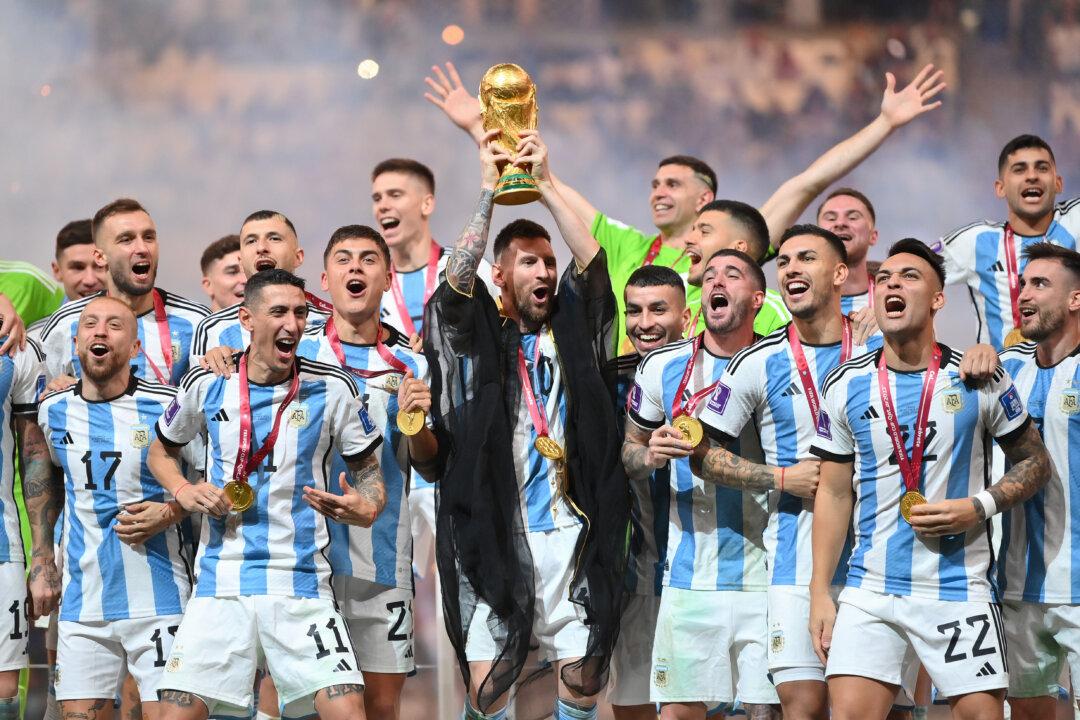Commentary
If you are looking for a sporting event that registered “firsts,” look no further than the FIFA World Cup 2022 held in Qatar.

If you are looking for a sporting event that registered “firsts,” look no further than the FIFA World Cup 2022 held in Qatar.